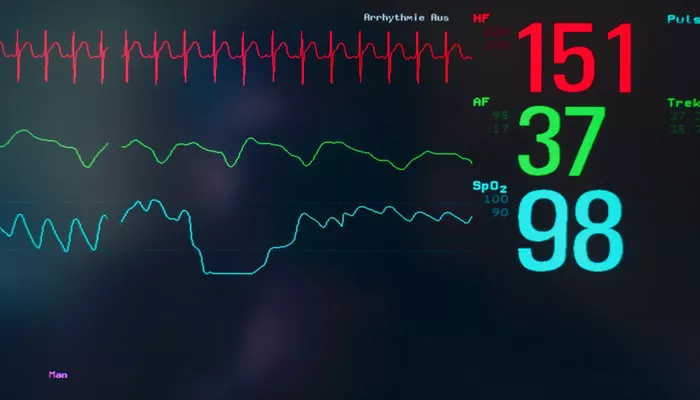Pseudoephedrine is a widely used over-the-counter medication primarily utilized as a decongestant for relieving nasal congestion associated with colds, allergies, and sinusitis. Despite its efficacy, there are significant concerns regarding its cardiovascular effects, particularly in patients with pre-existing hypertension. This article aims to elucidate how much pseudoephedrine can raise blood pressure, examining clinical studies, mechanisms of action, and recommendations for its use in hypertensive patients.
Understanding Pseudoephedrine
Chemical Properties and Mechanism of Action
Pseudoephedrine is a sympathomimetic amine that acts primarily as a decongestant. It works by stimulating alpha-adrenergic receptors in the nasal mucosa, leading to vasoconstriction and reduced swelling of the nasal passages. This mechanism, while effective for alleviating congestion, can also have systemic effects on blood pressure and heart rate due to its action on vascular smooth muscle throughout the body.
Clinical Evidence on Blood Pressure Elevation
Meta-Analyses and Studies
Numerous studies have investigated the cardiovascular effects of pseudoephedrine. A meta-analysis published in 2005 reviewed 24 trials involving 1,285 patients and found that pseudoephedrine caused a statistically significant increase in systolic blood pressure (SBP) by an average of 0.99 mm Hg and heart rate (HR) by approximately 2.83 beats per minute16. In patients with controlled hypertension, the increase in SBP was slightly higher at 1.20 mm Hg.
Another study specifically focused on sustained-release formulations of pseudoephedrine and concluded that while these formulations appeared safe for most medically controlled hypertensive patients, there was still an upward trend in blood pressure and heart rate that could be clinically significant in larger populations.
Factors Influencing Blood Pressure Response
Dosage and Formulation
The degree to which pseudoephedrine raises blood pressure is influenced by several factors:
Dosage: Higher doses of pseudoephedrine are associated with greater increases in blood pressure. Immediate-release formulations tend to have a more pronounced effect compared to sustained-release versions.
Formulation Type: Immediate-release preparations lead to more significant cardiovascular responses than their extended-release counterparts. For instance, one study noted an increase in SBP of 1.53 mm Hg with immediate-release formulations versus a slight decrease with sustained-release preparations.
Patient Demographics: Studies indicate that women may experience less pronounced increases in blood pressure compared to men when taking pseudoephedrine. Additionally, shorter durations of use correlate with more substantial increases in SBP.
Clinical Implications for Hypertensive Patients
Guidelines for Use
Given the potential for pseudoephedrine to elevate blood pressure, healthcare providers often advise caution when prescribing this medication to patients with hypertension. The following guidelines can help mitigate risks:
Monitoring Blood Pressure: Patients with controlled hypertension should have their blood pressure monitored regularly when using pseudoephedrine. This is particularly important for those who may be sensitive to sympathomimetic agents.
Consider Alternative Treatments: For patients with significant hypertension or those who have experienced adverse effects from pseudoephedrine, alternative decongestants that do not impact blood pressure may be recommended.
Educating Patients: Patients should be informed about the potential side effects of pseudoephedrine, including the risk of elevated blood pressure and heart rate.
Conclusion
In conclusion, while pseudoephedrine is effective for treating nasal congestion, it can cause modest increases in systolic blood pressure and heart rate, particularly at higher doses and with immediate-release formulations. The evidence suggests that these effects are generally small but can be clinically relevant in certain populations, especially those with pre-existing hypertension. Therefore, careful consideration and monitoring are essential when prescribing this medication to hypertensive patients.
Related topics:


